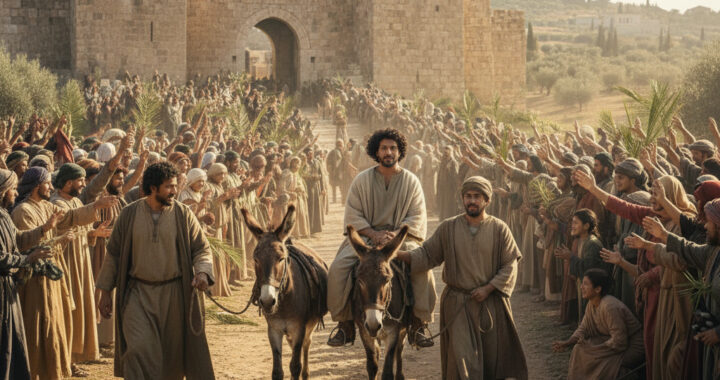Why the Promises to Israel Matter Today
Orthodoxy1 always precedes orthopraxy.2 Correct doctrine always precedes correct practice. No one can function with biblical practice and methodology without first having correct beliefs in place. Wrong theology will ultimately lead to errors in practice. Virtually every aberrant practice can be traced back to errors of theology. This truth is seen throughout Bible history and well as church history. This principle of ministry serves as an undeniable truth for every aspect of both doctrine and practice. Theology is about connections within doctrines and these connections inevitably end up in the practice of ministry.

